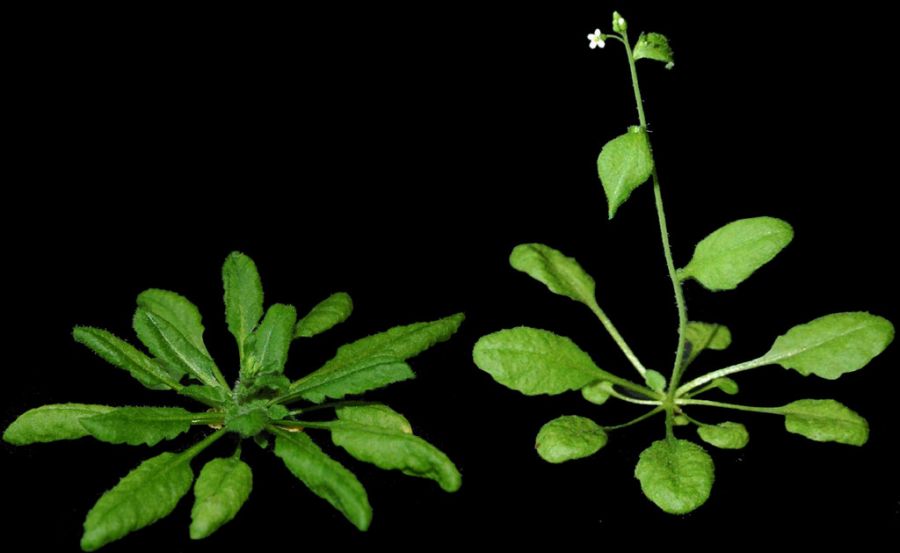Collaborative Research Centre "Phenotypic Plasticity in Plants" receives funding from the German Research Foundation
Successful application by the University of Potsdam with participation of the Leibniz Institute of Vegetable and Ornamental Crops (IGZ)
Plants have the distinct ability to adapt their growth and development to different environmental conditions and can therefore develop differently despite having the same genetic background. The molecular and genetic causes of this phenomenon, known as "phenotypic plasticity", as well as its evolutionary changes and limitations, are still poorly understood. The aim of the interdisciplinary Collaborative Research Centre is therefore to gain a better understanding of the relationship between genotype and the expression of traits in plants under different environmental conditions.
"The ability of plants to adapt to seasons and climate is fascinating. Understanding how they do this is essential to unlock the potential of crops to adapt to climate change. This research will significantly expand our knowledge of how plants perceive temperature and respond to it," says Prof Dr Philip Wigge, a Programme Area leader at the IGZ and member of the CRC. "The collaboration provides a unique training and learning environment for PhD students and early career researchers in the Berlin-Brandenburg region to understand how plants can sense and respond to their environment.”
CRC 1644 consists of 17 scientific sub-projects, a synthesis project and a central coordination project and brings together 20 applicants. The Leibniz Institute of Vegetable and Ornamental Crops (IGZ) is represented by Prof. Dr Philip Wigge’s expertise in plant temperature perception. He has projects in the CRC to compare developmental plasticity at warm temperatures in the model plant Arabidopsis thaliana with the close relative Capsella, as well as to use systems biology approaches to understand transcriptional regulation in environmental responses.
In addition to the applicant University of Potsdam, other renowned partner institutions are also involved: Humboldt University of Berlin, University of Cologne, Max Planck Institute of Molecular Plant Physiology and the Hasso Plattner Institute. The SFB's spokesperson is Prof Dr Michael Lenhard, Institute of Biochemistry and Biology at the University of Potsdam.
Contact IGZ
Prof. Dr. Philip Wigge, Head of Programme Area Functional Plant Biology, Tel.: 033701 - 78 411 | E-Mail: wigge@igzev.de
Julia Vogt, Press and Public Relations, Tel. 033701 - 78 163 | E-Mail: presse@igzev.de
About the IGZ
The Leibniz Institute of Vegetable and Ornamental Crops (IGZ) is a research institute of the Leibniz Association and contributes to solving current global challenges with science-based findings from basic and applied research in horticulture. These include the preservation of biodiversity, combating climate change and the still widespread malnutrition. The institute is jointly funded by the Ministry of Science, Research and Culture of the State of Brandenburg (MWFK) and the Federal Ministry of Food and Agriculture (BMEL). The IGZ is based in Großbeeren.
